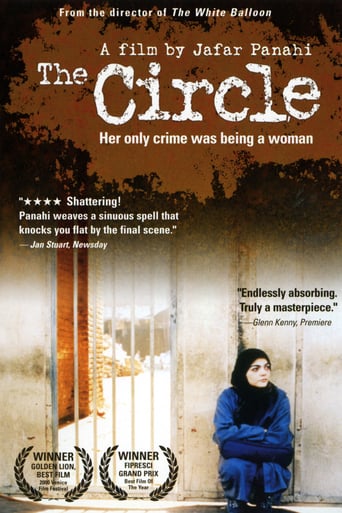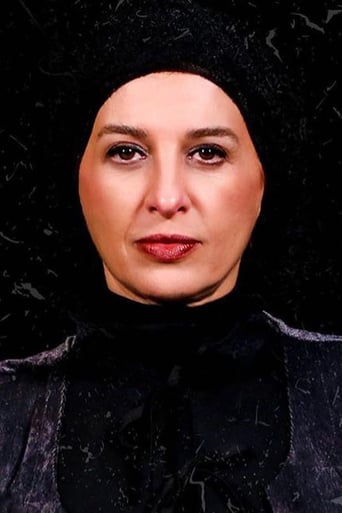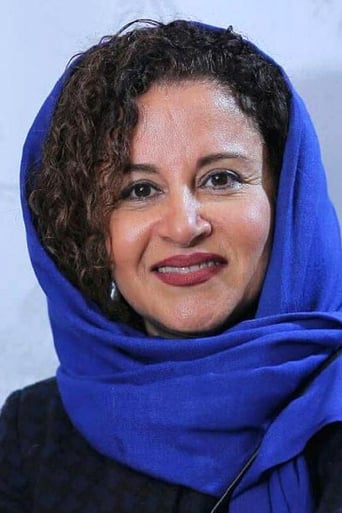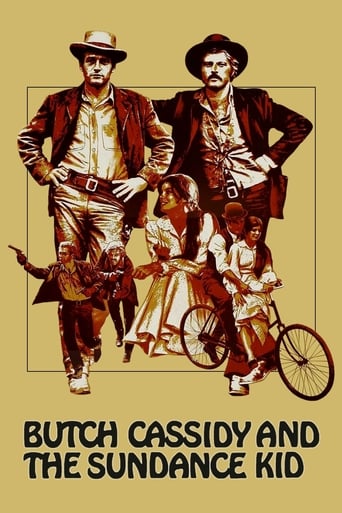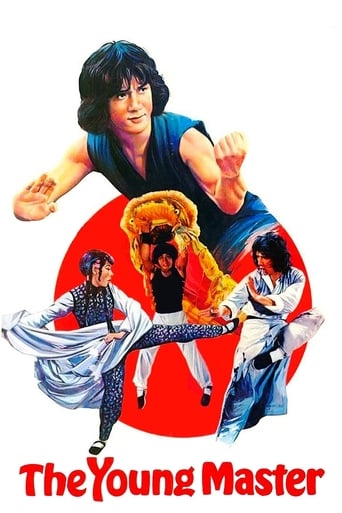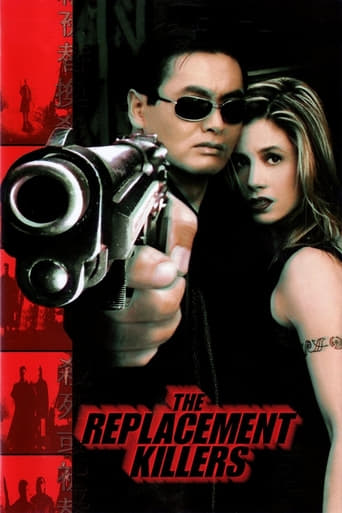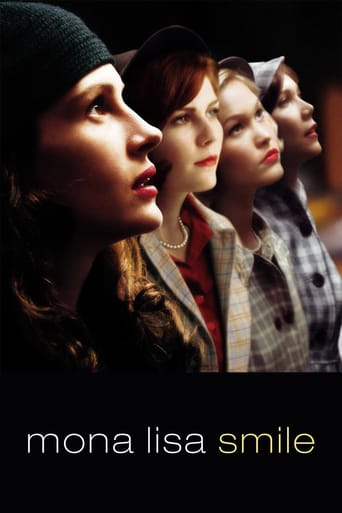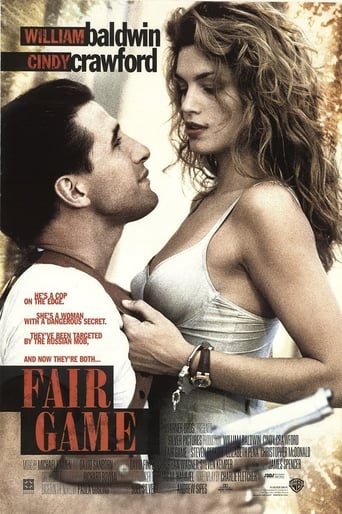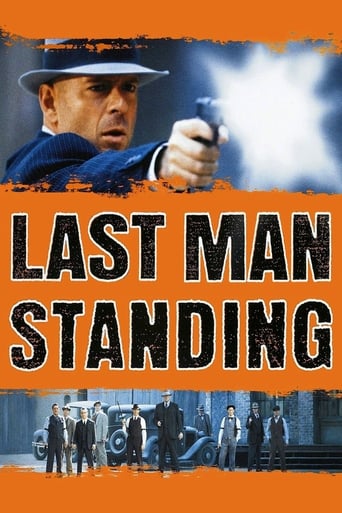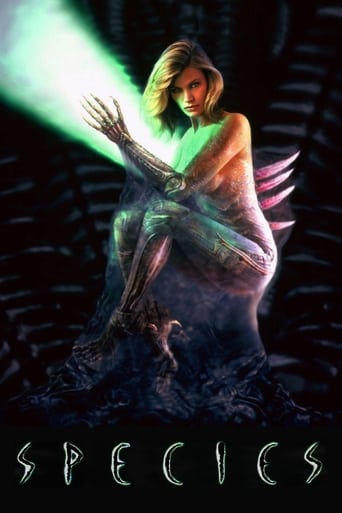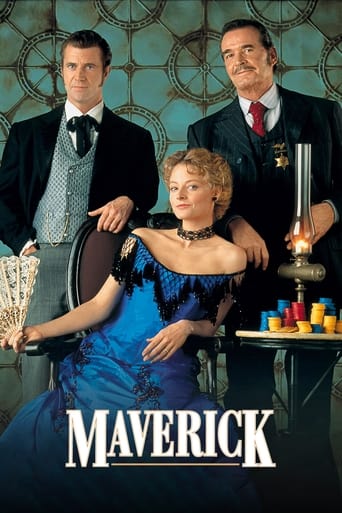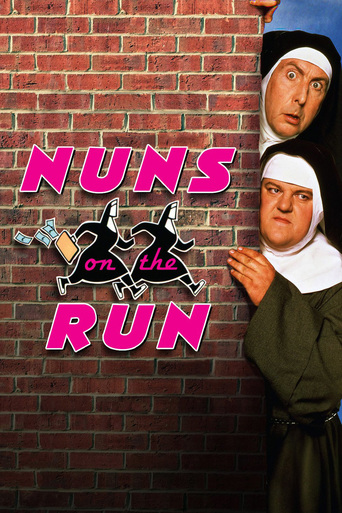The Circle (2000)
Various women struggle to function in the oppressively sexist society of contemporary Iran.
Watch Trailer
Free Trial Channels
Cast


Similar titles
Reviews
Excellent, a Must See
It's fun, it's light, [but] it has a hard time when its tries to get heavy.
Great movie. Not sure what people expected but I found it highly entertaining.
.Like the great film, it's made with a great deal of visible affection both in front of and behind the camera.
The film showcases a brilliant ensemble of Iranian female actors that Panahi utilized to offer to the audience a glimpse of a women's place in the contemporary Iranian society, a pessimistic world-view, the necessity of them having to be accompanied by their respective husbands or guardians in public or the need to have with them a written permission whenever traveling alone, etc. But for the unlucky women who haven't nabbed themselves a husband, nothing could be more disheartening than to see those women act like common thieves scampering at the sight of the religious police, fear of being detained for doing the mundane licit things people do freely and take for granted in the Western world. Some of them inevitably end up falling into the world's oldest profession to support themselves wherein that would definitely be grounds for them to be arrested, pardon the metaphor, and rounded up just like stray dogs for having no masters.The narratives of these Iranian women stumble unto each other. While a certain character's story hasn't sunk in yet with the viewer, in comes another woman's story entangled in yet another wretched situation. Mr. Panahi opted to have the viewer to see the bigger picture rather than see the finer strokes or the more detailed exploration of their lives, going for objectivity rather than going towards overwhelming the viewer with their despair, guns towards level-headedness that perhaps could affect change or persuade, because ultimately, a woman would be more capable in scrutinizing and bringing forth the women's POV in a place like Iran. But unfortunately, if the women that country are unable to be vocal regarding their fate in contemporary Iran because of the restrictions rooted in their culture, it's left to men like Panahi to give voice to that sentiment and document such a scathing commentary.There's a scene where a pregnant woman Pari is making a telephone call and was approached by a pair of soldiers asking her for help, a bit of sardonic humor from Mr. Panahi. Impeccable. My rating: A-minus.
Iranian director Jafar Panahi's Golden Lion winner of 2000, "Dayereh", is a critical and extremely powerful film about women who suffer from the injustices of the laws of the Islamic Republic.As an atheist I support no religions, and I do not think one is better or more respectful to human lives than any other. "Dayereh" is a film that is concerned with religion only as far as it is a film that takes place in Iran, a country where Islamic Law dominates or even rules over the secular law. I am not an expert on Iranian law, but I do hold "Dayereh" to be the TRUTH, not a propaganda fiction of no concern to reality. Therefore, I admire Iranian directors who constantly produce magnificent films although they have to battle against censorship and the strict rule of the Ayatollah. This perhaps forces filmmakers to adapt a more poetic film semiotics, perhaps only suggesting cruelty and injustice, not showing it directly like Western directors are allowed to do.Like Mohsen Makhmalbaf and Abbas Kiarostami before him, Jafar Panahi has succeeded in producing a small, but superb film. Kambuzia Partovi's script is great, linking the misfortune and fates of several young Iranian women together into a whole narrative. All four or five women (one is not as thoroughly described) have committed unlawful acts, but their crimes are not explicitly stated in the dialogue of the film. However, we understand that their crimes would not be considered near a crime in most other countries, because it is related to sex and female independence, not to real criminality. Bahram Badakshani's camera is always close to the women, and their acting is nothing less than brilliant. The tracking movement of the camera and the shots composed by a hand-held camera result in many long takes, where the actresses get to show their skill wihtout editing. This is also a marvellous success for the director Panahi.This film also contains a subtle symbolic factor, namely the wish for several of the women to smoke a cigarette. Different interruptions and laws concerning females and cigarettes prevent the women to smoke until one of the last scenes, when a women is arrested for travelling alone in a car with a man to whom she is not married (prostitution?). When a male prisoner is lighting up his cigarette, the woman does the same, and this time no one stops her. The smoking of the cigarette is not a symbol of freedom, because all the young women end up back in prison, but the cigarette does create a symbol of escape, although it is an escape from society, and not from the persecution of women who act like human beings (in Iran, read men). The smoking becomes Virginia Woolf's room of their own, the escape from a society that does not want them to be free.
After seeing some excellent Iranian movies last year, I hurried to see this film and I was not disappointed after the screening: it is less poetic than the earlier ones but its simple, excellent story gives a very powerful account of women's life in Iran. This is a sad and rather hopeless life that starts with the unwelcome birth of baby girls, continues with abandoned girl children and culminates with the limited options and freedom women have in their life. We can watch not only how the tragedies of the the main female characters are unfolding but we can also see the humiliating way women are treated by men in their everyday life. I don't want to fall into the usual ignorant Western attitude towards Islamic societies, but this movie was made by Iranians, so it seems that even in Iran there are some people who think that something is wrong with the social status of women in their society.I also want to stress that the more I think of this movie, the more I like its film-making as well: the acting is excellent, the script is perfect (and even fast-paced, if you don't expect car races or fist fights as a proof of fast-pacedness...), every scene adds something new to the story. The film's message is conveyed to the viewer not only via the story itself: the photography, the close-ups and the cutting powerfully strengthens it.
A bleak movie that reminded me of Kafka. As a westerner this was a real culture shock, I had no idea why these three women at the beginning were so scared of the police - I couldn't work out what was going on, or even what the buildings were supposed to be.Gradually things start to make sense - it's hard not to watch this film without getting angry at the numerous ways that women are kept down in the society, often at the expense of men - for example, the "John" is let go, while the prostitute goes to prison, the women are continually subjected to harrassment from anonymous men in the streets, they are trapped by pregnancy and its consequences.I liked how cigarettes were used throughout the film - you don't often see Iranian women smoking - and while nearly all of the leads seemed to smoke, it wasn't until right at the end that one of them was actually allowed to smoke - a powerful image.The final part in the prison cell where everything falls into place is a moment right up there with the film La Kabina (The Telephone Box). Recommended.

